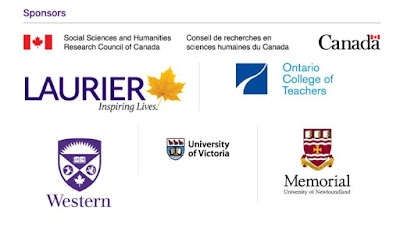 |
| Magnus, Kimberly, TK, Jacqui, me |
The visit reminded me of the "why" behind our research partnership meetings over the past 10 days.
The "why" is plural. It's the children of Ghana ... and Canada. We are building research partnerships and developing research projects so that we can examine and then tell the story of why it is important that all children have access to equitable and inclusive schooling.
TK works with street kids in Accra. In doing so, he is not only working to meet their needs but is also building the capacity of the university student volunteers who meet every Friday and Saturday night as an outreach to the children.
 |
| Sign on the outside of the FOA building |
We witnessed this capacity-building work last night as a dozen or more university students from across Africa (Ghana, Uganda, Burundi, Kenya, and Zimbabwe) - all of whom attend an innovative university called Ashesi University in Ghana - met and interacted with children who live on the streets. They do this every Friday and Saturday night. Why? Because they want to make a difference.
 |
| Posted inside FOA |
In many ways, this parallels the work we do in supporting students with special education needs. Encouraging - and sometimes fighting for - their right to have their needs addressed in classrooms and schools with their peers begins when we engage in building healthy and supportive relationships and demonstrating our belief in their value.
As we wrap up this exploratory research trip, it was an important reminder to me to keep my focus on why we do what we do.














































